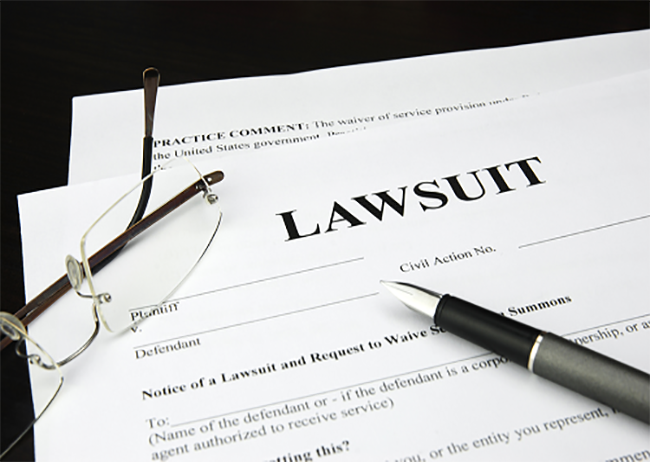Blog

Decisions Allowing Excess Carriers’ Legal Malpractice Claims Against Defense Attorneys Upheld (to some degree)
/ 26.Dec, 2012Last year we noted a Mississippi Court of Appeals decision which permitted an excess insurance carrier to bring a legal malpractice action against its insureds’ lawyers. These types of claims have traditionally been disfavored. The Mississippi Supreme Court has now upheld that decision (Great American E & S Ins. Co. v. Quintairos, Prieto, Wood & Boyer, P.A., 2012 WL 4945958 (Miss. Oct. 18, 2012)) on its equitable subrogation basis, and reversed the ruling with respect to the legal malpractice claims. The Mississippi Supreme Court found there was no attorney-client relationship formed between the lawyer and the excess carrier.
In ACE American Ins. Co. v. Sandberg, Phoenix & Von Gontard, PC., 2012 WL 4573340 (S.D. Ill. Oct. 2, 2012), the United States District Court for the Southern District of Illinois denied defendants’ 12(b)(6) motions, and allowed two excess insurers to continue to assert legal malpractice claims against the insureds’ attorneys on both a direct legal malpractice and subrogation basis. The insured was sued in a product liability action which was settled shortly after the trial judge struck all pleadings on the basis of defense counsel’s discovery abuses. The excess insurers sued the insureds’ attorneys and their law firm.
The subrogation claims survived, which is not surprising because Illinois is one of the minority jurisdictions which has previously allowed these types of claims. See, National Union Ins. Co. v. Dowd & Dowd, P.C., 2 F. Supp. 2d 1013 (N.D. Ill. 1998) (applying Illinois law). The court also allowed the direct malpractice claims to continue because the excess carriers had pled they provided primary coverage to the policyholder. The court did suggest this was an issue which should be raised again at the summary judgment stage.
While not sufficient to constitute a “trend,” the insurance defense counsel must be mindful that even if their client does not pursue a legal malpractice action, they are not completely isolated from the possibility of a legal malpractice claim.


Comments